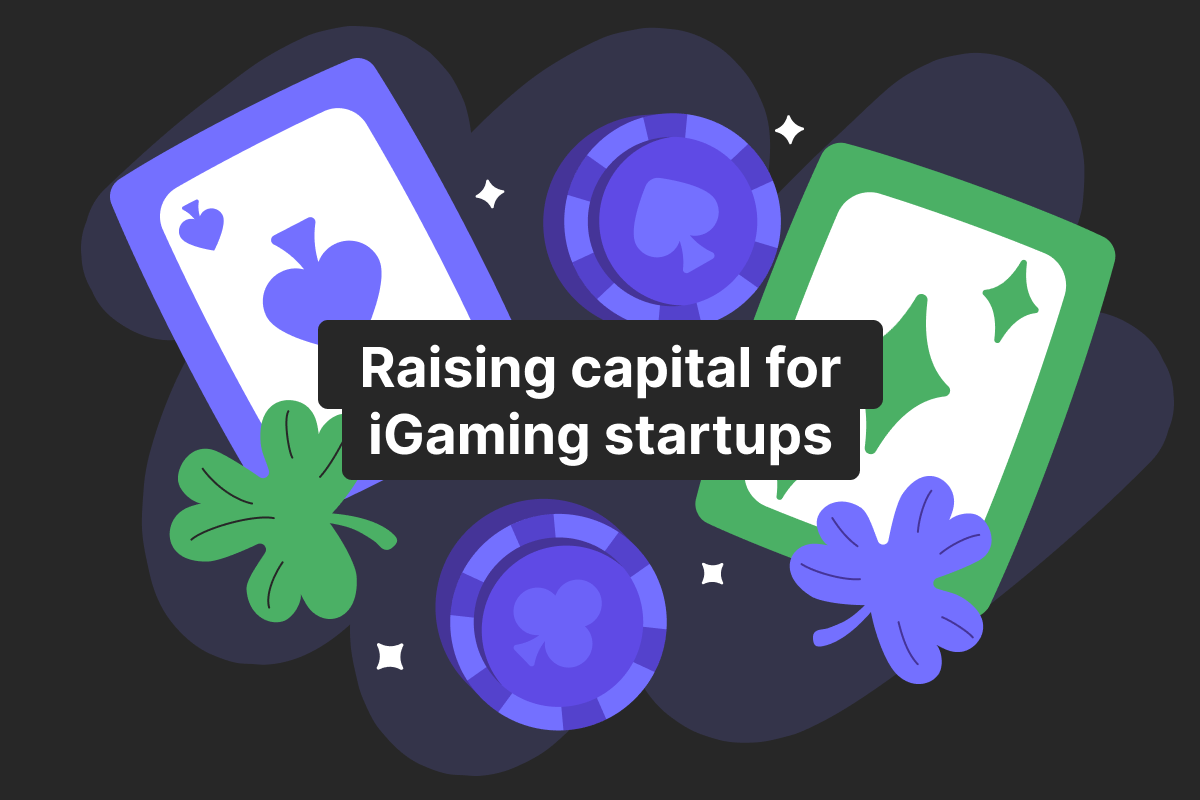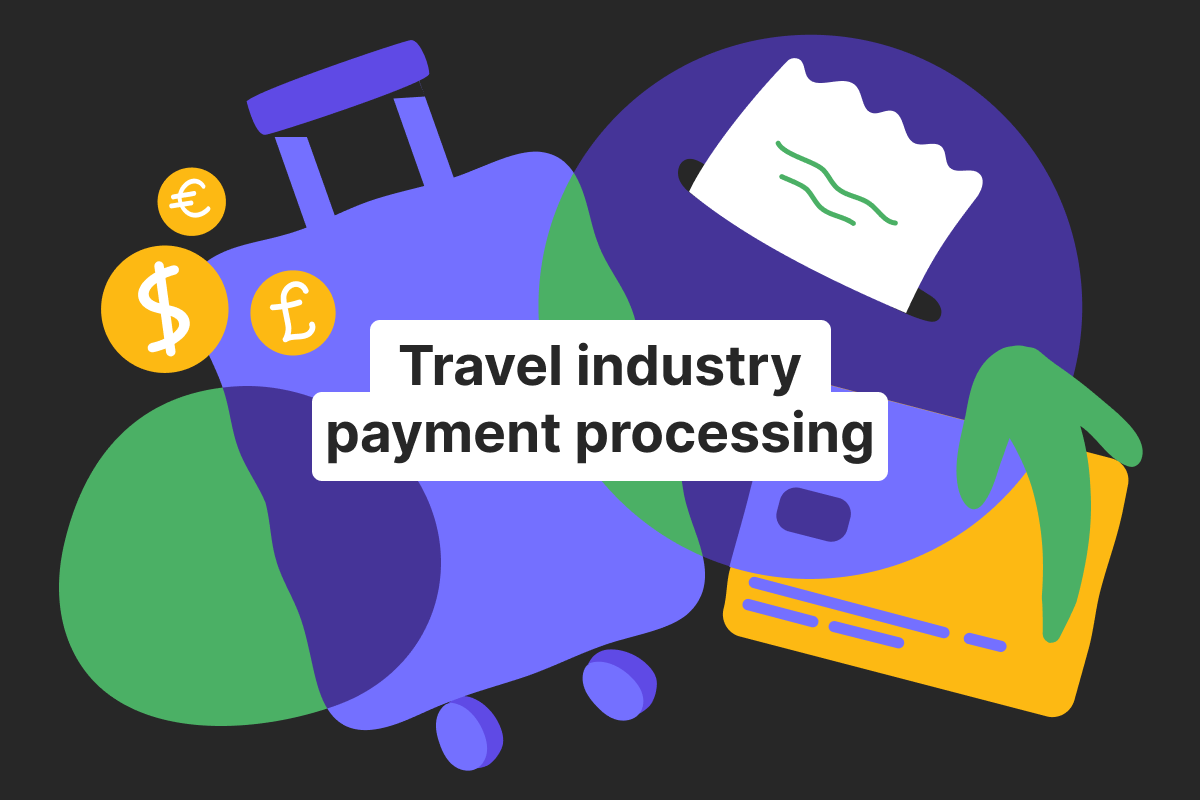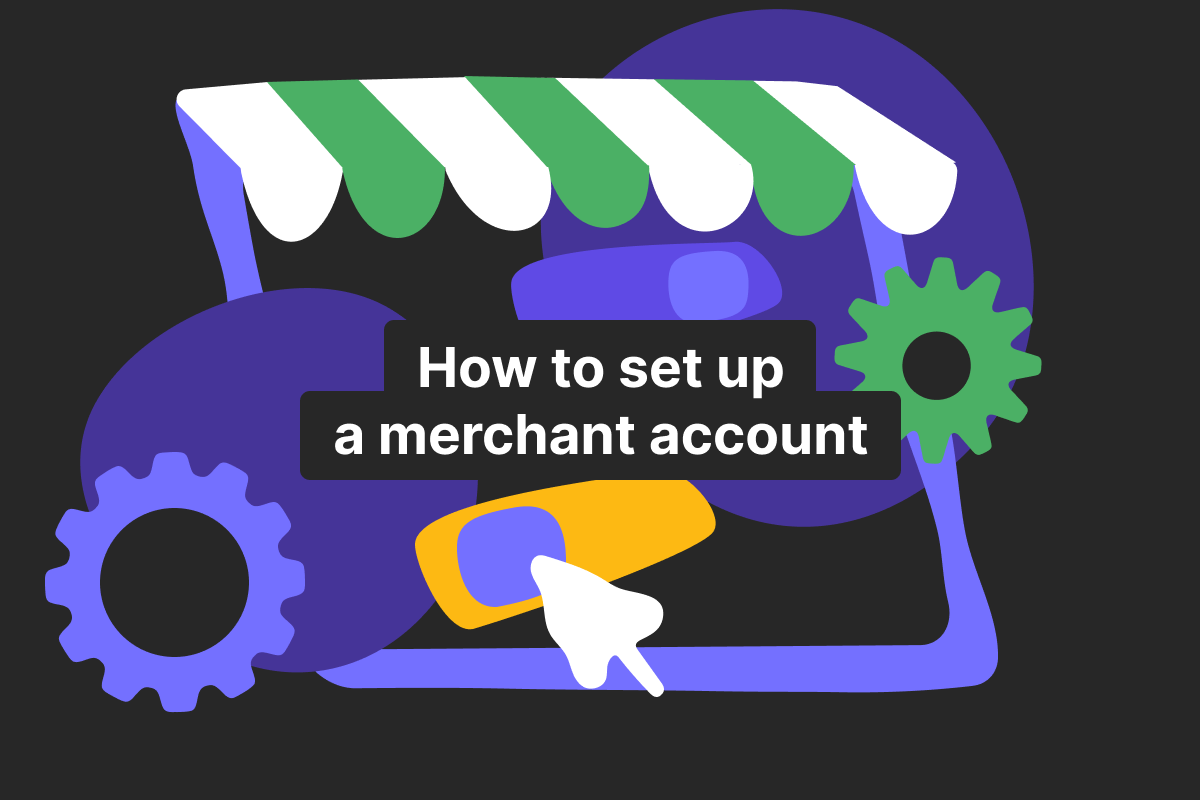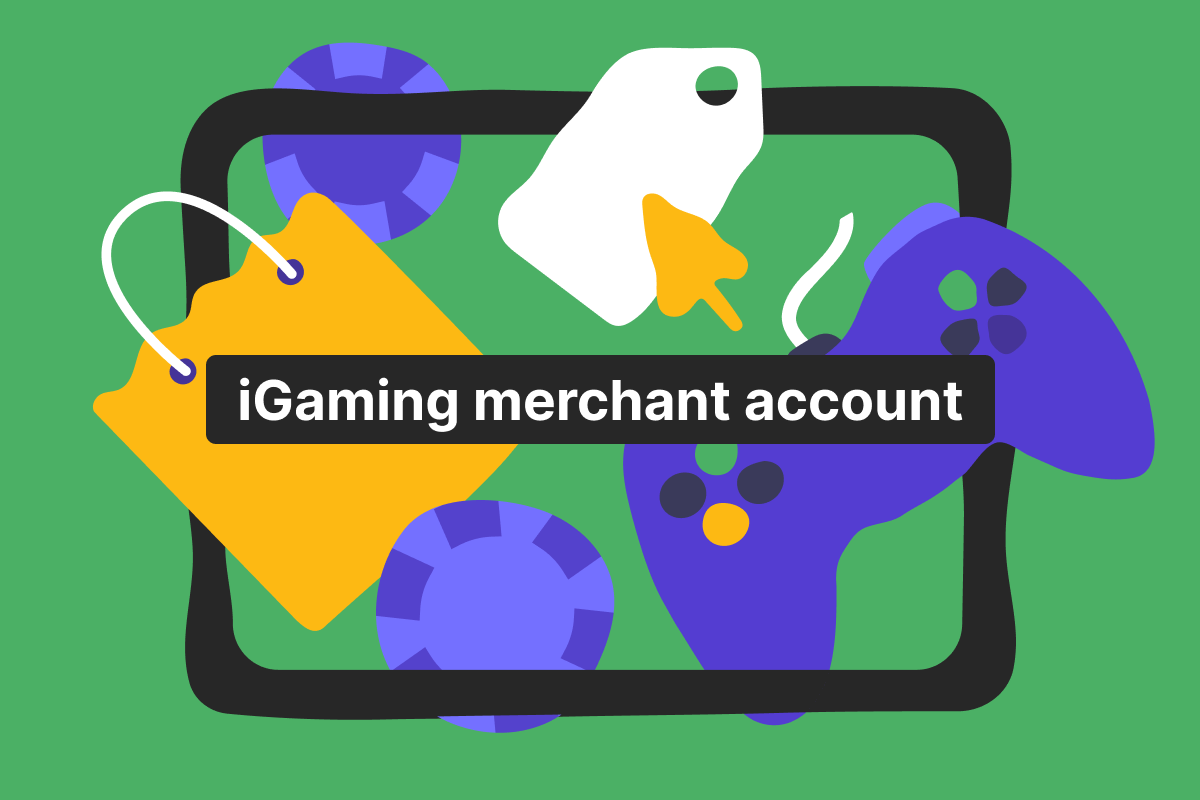iGaming is part of the gaming industry that has undergone massive growth. It is still considered a high-risk industry, which means traditional venture capital investment is highly unlikely, but despite this, it’s an attractive area to invest in.
Because not every investor will deal with an iGaming-related business, it is harder to raise capital to make a solid start. Besides its high-risk status, there are also some other nuances to consider.
Find out how to secure funding to fuel rapid growth while avoiding key issues that could harm the company’s future.
Why iGaming startups need a solid fundraising strategy
The iGaming industry offers the chance to create fast growth, but it requires substantial initial investment. A license is required, which gambling companies need to pay the relevant regulatory authorities to obtain. Then, there’s the cost of the emerging technology needed to make the project a success. The technology in iGaming is changing rapidly, and sufficient resources are needed to continue improving.
The gaming market is highly competitive. Gaming startups need to consider the early-stage investments needed to reach their target audience and stand out.
A well-structured fundraising approach can help early-stage startups address these challenges. By looking at ideas like equity crowdfunding, it’s possible to find a way to discover the financial support needed to make a mark in this industry.
iGaming is considered among the most interesting investment opportunities due to its enormous market potential. Investors want to see a site compliant with the regulations and has the scalability needed to reach new global gambling markets.
Open an account
in Genome online
Common fundraising mistakes iGaming startups make
The early stages of a new iGaming project can be difficult, with fundraising playing a crucial role in supporting innovative ideas, but you need to avoid some common errors.
Underestimating regulatory complexities
The investors who provide the necessary capital to start a gaming industry project need to feel confident that all the current regulations have been considered. Gaming startups should have a clear pathway to gaining a gambling license in the regions where they plan to operate.
Early-stage investments can be encouraged by having transparent legal and compliance frameworks in place. Gaming companies should consider the requirements in each jurisdiction. The Malta Gaming Authority and the Curacao Gaming Control Board are among the main authorities, with each offering differing levels of prestige and strategic value.
Staying up to date with the latest regulatory changes or gambling can be done online by setting up news alerts. Adapting the business plan, if necessary, ensures that the companies backing the startup have peace of mind.
Presenting an unclear revenue model
The people who back a new online platform for gamblers expect to see significant returns on their investments. This is where you can lay out the current market opportunity and clearly show how you’re going to generate revenue.
Having unclear monetization strategies can lower the confidence of the people you want to invest in the idea. Concepts like revenue share, subscriptions, and in-game purchases should all be clearly explained, if applicable.
Showing how other startups in the same industry have grown will let potential investors understand the growth you can achieve. Showing clear profit streams and the resources needed to get them should help with the decision to invest.
Neglecting market research
Many companies are looking for success in the highly competitive iGaming market. Those that become a profitable business don’t simply offer a great selection from leading game studio companies.
They also carry out market research and thorough due diligence to understand what users are looking for. Finding out what competitors are doing and looking for the latest game releases and banking trends are other solid approaches.
Neglecting market research leads to weak investment pitches that fail to convince the people looking to invest. The best idea is to look at the real-world growth of new companies with a similar profile that operate in the same regions. Collect data from their financial returns to show how the initial investment has grown.
Poor investor communication and follow-up
The first step towards getting the necessary level of investment is to speak to the companies or individuals who are interested in investing. However, these leads can be lost if there isn’t an organized approach to communication and fast response times.
A structured communication plan will keep potential investors informed and engaged. It lets you fully explore every investment opportunity and gives possible investors the confidence they need to advance.
Best funding options for early-stage companies in the gaming industry
It’s important to understand the different ways that companies and individuals can invest in startups. Angel investors, venture capital funds, and strategic partnerships are among the most important options for raising capital.
However, you need to be realistic here – it is not an option for iGaming. Venture capital and big angel investors usually avoid high-risk industries, especially startups.
Early-stage investments can be achieved through equity crowdfunding campaigns. iGaming-specific incubators or accelerators may be used as an alternative way to raise funds. iGaming events, such as conferences and trade shows, provide an opportunity to meet possible investors.
Equity crowdfunding is a pretty simple concept: in exchange for raising capital for a new startup, the potential investors gain part of the shares. It works when you are going to make your second or third product, i.e., you already have a reputation on your own and a good track record.
Unlike traditional funding routes, equity crowdfunding doesn’t rely on large institutional backers, potential clients, or some really risky investors as the primary funding source here. On the other hand, this method provides funding and helps build a community of engaged supporters who are financially and emotionally invested in the brand’s success.
iGaming-specific incubators and accelerators are a more reliable resource for startups looking to grow. Like other investing programs, they provide early-stage companies mentorship, networking opportunities, and sometimes seed funding in exchange for equity. The budget for such a project is usually much higher than crowdfunding can provide, so there are requirements for companies who want to participate.
The real advantage lies in their industry focus – participants gain tailored guidance from experts who understand the regulatory, technical, and marketing challenges unique to the iGaming world.
Seed funding – this is something worth mentioning. Such investment means the company involves investments from a large number of backers without their effective participation, unlike others. It could also be done, like crowdfunding or a financial incubator campaign.
The thing is, investors, in this case, spread their money as seed (hence the name) to as many projects as possible. Is it worth it? Crowdfunding gives you a community-based project, iGaming incubators and accelerators a professional evaluation, and money, and seed funding is just money in the best-case scenario.
How to approach investors for your iGaming project
Investors see early access to iGaming projects as a chance to invest in a growing industry with enormous potential. They tend to look at several key areas that are crucial in the development of a gambling site, covering risk, return, and compliance concerns.
Making a strong first impression is crucial for moving a funding plan in the right direction. It begins with a concise elevator pitch and should include robust data on user acquisition. Solid legal and financial foundations should be added early on,
By using a reputable electronic money institution like Genome, which is licensed by the Bank of Lithuania, you can streamline your business finances. Tools such as dedicated IBAN, currency exchange service, and Visa Business cards all help startups manage their money more effectively. Moreover, SEPA Instant Transfers and B2C2B payments are available.
This type of improved financial organization and transparent payments also boosts investor confidence in the early development stage. Explore the products and services available from Genome to start using an efficient, secure solution that keeps you on track with your development milestones.
Open an account
in Genome online
Building a strong pitch deck for iGaming fundraising
A compelling deck in the iGaming sector begins with strong research that shows your mission and the problem you want to solve. This should be followed by the creation of a unique value proposition. A go-to-market strategy explains the game development and the existing portfolio companies the new business will be working with.
The financial data and traction are included here to show how you expect the finances to grow and provide profits.
Including a list of compliance achievements, such as licenses and certifications, helps reassure investors that they can invest without any legal issues.
Clear visuals and a straightforward flow will make the project easy to understand. Show statistics such as user engagement numbers, size of the market, and game penetration in the market. Highlight the team’s experience in the industry to make it easier for people to invest with confidence.
Regulatory and compliance considerations in the iGaming industry
The need to comply with regulations makes this more difficult, but it also provides an opportunity to show that you’re well prepared. As well as the right licensing authority, any new equity partner will want to see that you use reliable payment providers. You should also maintain a transparent financial trail.
To gain a gambling license, you’ll need to understand the requirements in the jurisdiction you choose. Find out how much you need to pay, the rules you need to meet, and the waiting time for a license. Any trustworthy licensing agency will do a background check on your business and the people behind it.
Putting robust compliance measures in place can make it easier to build trust. It shows that you understand the industry and want to do things in the right way.
Tips for sustainable growth and investor relations
It pays to maintain healthy relationships with investors post-funding. Once your business is up and running, you might need to go back to the equity partners and investors to look for funds to carry out your expansion plans.
Regular reporting and updates will build trust and give you a better chance to secure follow-on funding. The best way to scale your business in this highly regulated market is to avoid hype. Use the real data you collect to show how you’re reaching into new sectors, honing the game collection, and growing your community.
Avoid the pitfalls that hold back iGaming sites
Being unclear about your resources, target audience, and approach to meeting regulations is among the main pitfalls to avoid. A solid approach to preparation, compliance, and investor communication will help you get the financial support you need in the early stages.
Get started by consulting professionals who inform you about the legal issues and other important aspects of raising funds. Consider a reliable financial service provider like Genome as a sensible way of managing your funds seamlessly.
Open an account
in Genome online
FAQs
Do international iGaming regulations affect my startup’s valuation?
Obtaining a gambling license comes at a cost. Once obtained, it helps to raise the value of the business and increase its attractiveness to investors.
Is crowdfunding a good option for iGaming ventures?
Crowdfunding can be a good option for a range of different types of startups. However, it’s a challenging approach to raising funds in the iGaming sector and should be considered together with the alternatives.
How do I maintain investor interest if the licensing process takes longer than expected?
It makes sense to start the licensing process early and ensure that investor updates include the latest progress, together with expected timescales.






